Bournemouth University in collaboration with Royal Bournemouth and Christchurch Hospitals NHS Foundation Trust (RBCH) held a very successful conference (sold out!) on July 1st to discuss the topic of nurse retention and our Burdett Trust for Nursing funded research project- Making TRACS to improve nurse retention (Principal Investigator- Janet Scammell). This conference attracted 100 attendees representing nurse clinicians, workforce developers, and education and training from across Dorset.
Nurse retention is a highly problematic concern across the UK and negative impacts are felt within patient quality of care, individuals’ wellbeing and healthcare systems. To address this issue, this project aimed to investigate whether the retention of registered nurses at RBCH can be improved through the use of the TRACS nurse retention model. Developed from an extensive literature review, the TRACS model focuses on key factors known to impact on intention to stay: supporting Transition at key career junctures, building Resilience, facilitating Authentic leadership throughput the organisation, securing Commitment to support changing work practices and providing on-going Support for staff.
Incorporating the elements of the TRACS model and involving registered nurses from RBCH in what is needed to improve nurse retention, this project developed the online resource- Support4Nurses http://support4nurses.uk/. This was presented at the conference as well as our key findings of the three main areas to improve nurse retention: staff development, authentic leadership and valuing staff, and supporting health and wellbeing. Future plans are to work with RBCH to implement learning from this project at a local level as well as share our approach and outcomes more widely.
We will be posting slides of the presentations on our website in the coming weeks. If you have any questions about the conference, please contact Janet Scammell at jscammell@bournemouth.ac.uk.

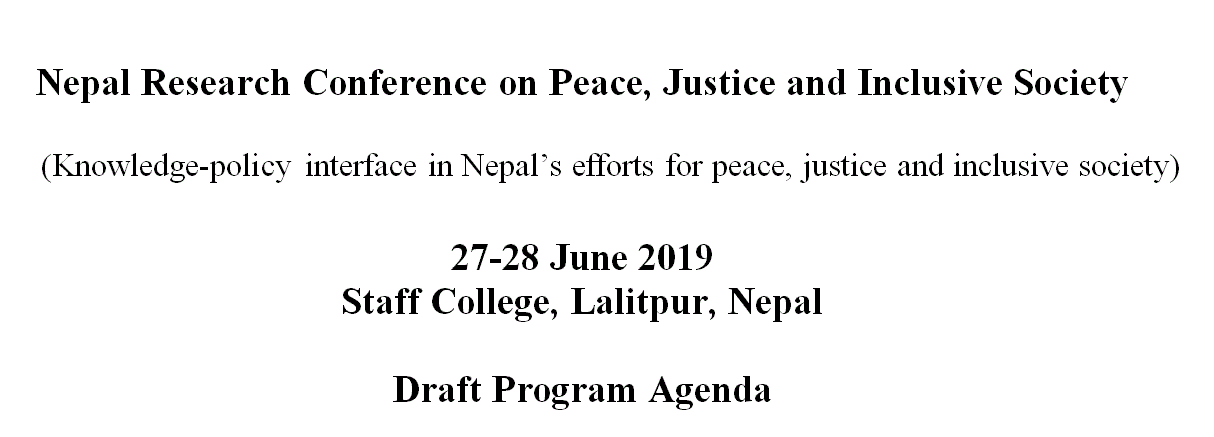
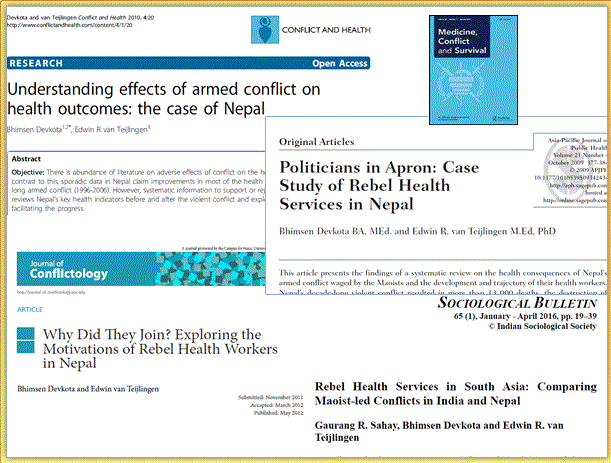

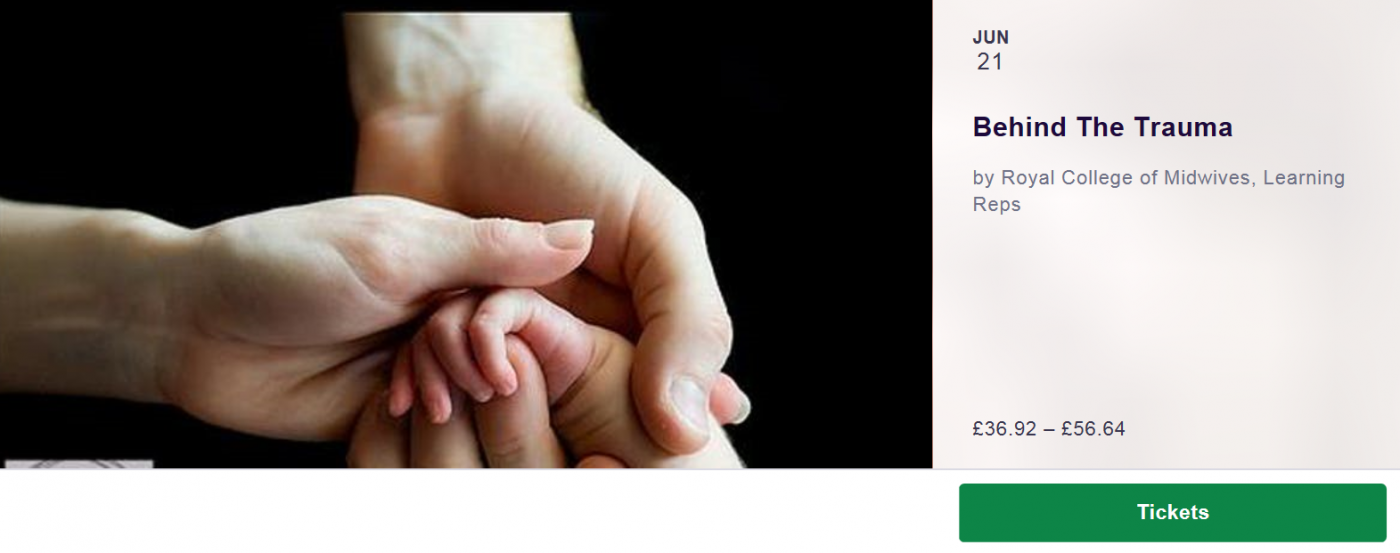

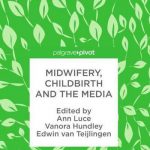

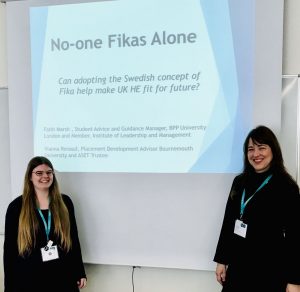 it was a wonderful opportunity to share the key observations and learning gained by my fellow UK delegates during the 2018 AUA Study Trip to Sweden.
it was a wonderful opportunity to share the key observations and learning gained by my fellow UK delegates during the 2018 AUA Study Trip to Sweden.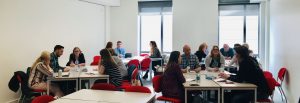 During our conference presentation, my co-presenter Faith Marsh from BPP London and I gave the attendees time to explore at their tables their thoughts on if and how they could foresee implementing a Fika break into their daily patterns. It became very clear that everyone who attended unanimously agreed that whilst a daily break would be frown upon and ultimately impossible, the idea of a weekly or fortnightly staff break would be possible. We discussed how we could all take the initiative forward at our own campuses and given how many of us have been in contact since, we shall see how things progress along the Swedish way!
During our conference presentation, my co-presenter Faith Marsh from BPP London and I gave the attendees time to explore at their tables their thoughts on if and how they could foresee implementing a Fika break into their daily patterns. It became very clear that everyone who attended unanimously agreed that whilst a daily break would be frown upon and ultimately impossible, the idea of a weekly or fortnightly staff break would be possible. We discussed how we could all take the initiative forward at our own campuses and given how many of us have been in contact since, we shall see how things progress along the Swedish way!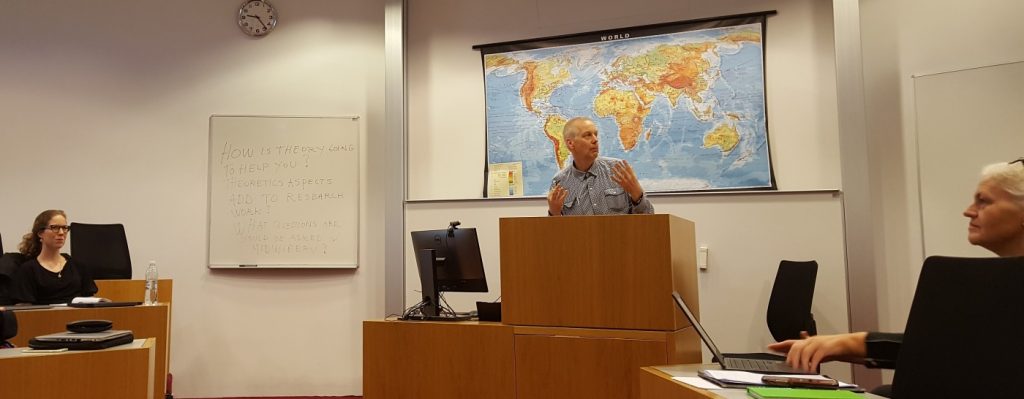
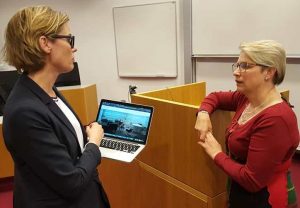
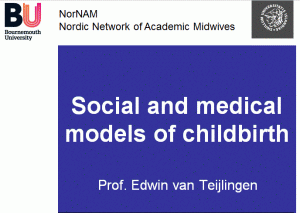

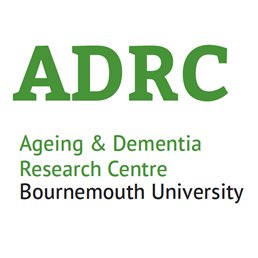
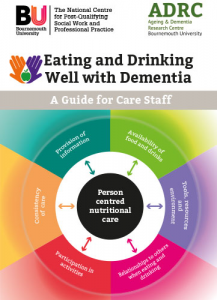
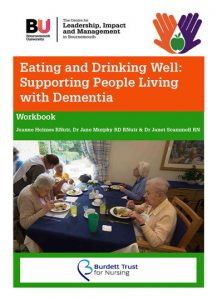

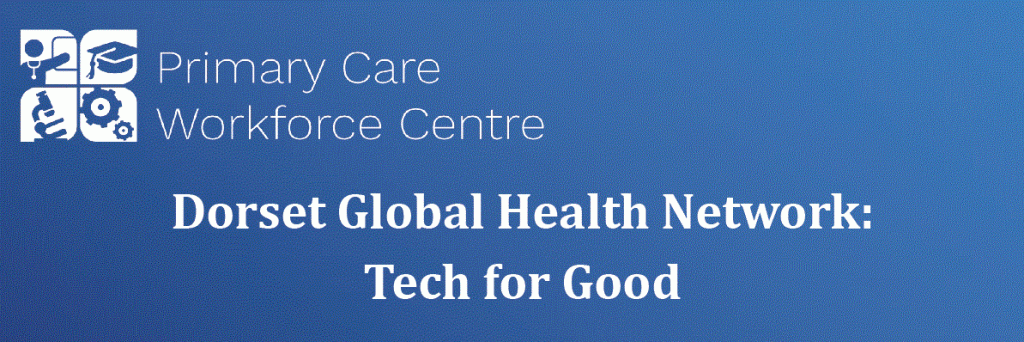













 BU attendance at third annual GCPHR meeting in June
BU attendance at third annual GCPHR meeting in June Interactive Tangible and Intangible Heritage Applications – BU student work featured in new book chapter
Interactive Tangible and Intangible Heritage Applications – BU student work featured in new book chapter Second NIHR MIHERC meeting in Bournemouth this week
Second NIHR MIHERC meeting in Bournemouth this week MSCA Postdoctoral Fellowships 2025 Call
MSCA Postdoctoral Fellowships 2025 Call ERC Advanced Grant 2025 Webinar
ERC Advanced Grant 2025 Webinar Horizon Europe Work Programme 2025 Published
Horizon Europe Work Programme 2025 Published Horizon Europe 2025 Work Programme pre-Published
Horizon Europe 2025 Work Programme pre-Published Update on UKRO services
Update on UKRO services European research project exploring use of ‘virtual twins’ to better manage metabolic associated fatty liver disease
European research project exploring use of ‘virtual twins’ to better manage metabolic associated fatty liver disease